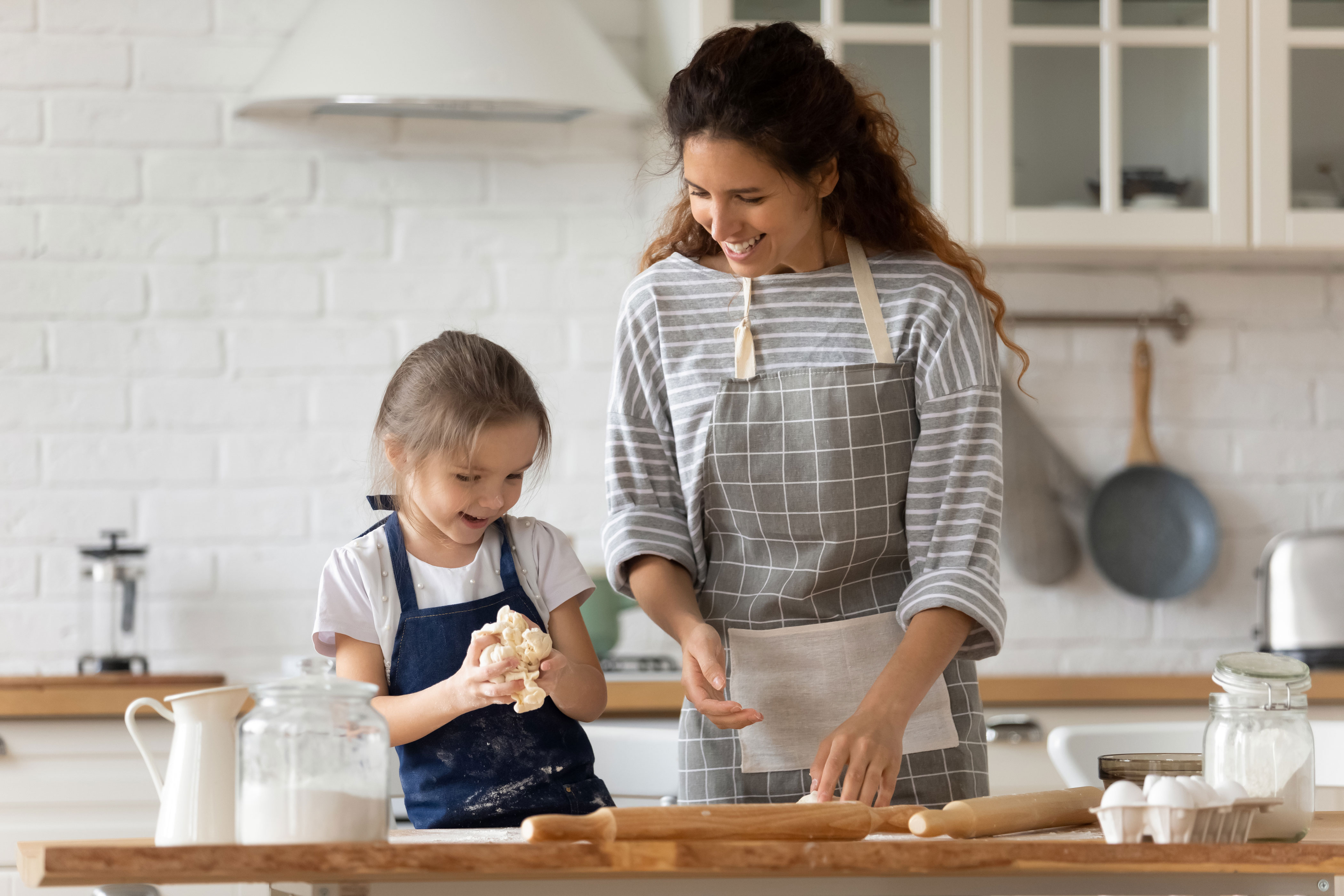Heritage Finance Holdings Corporation is currently reviewing its position in relation to the RBA’s decision on 6 September to increase the Official Cash Rate. We'll make an announcement here as soon as we finalise our decision.
How to stop kids losing things
Kids are notorious for losing things at school. A simple strategy for saving money is to avoid replacing lost items. But how do you stop kids from losing things? Psychologist, writer and mum, Ellen Jackson, shares her tips.

It's time to head back to school. You've spent a small fortune on books, pencils, lunchboxes, school bags, jumpers, shoes and socks. You've labelled every item but will they last the year?
Kids are notorious for losing things at school. Balls disappear over fences. Lunch containers fail to return home. Hats vanish and books are left on buses.
Laptops and tablets are expensive. Replacing them is disastrous for the budget. Money spent on new, smaller items adds up quickly too. Ever wonder where your money has gone by the end of a school year? It's all those glue sticks!
A simple strategy for saving money is to avoid replacing lost items. But how do you stop kids from losing things?
Pre-school and early primary years
Kids younger than seven live in the moment and have trouble keeping track of their belongings. This is not because they're slack. They are just not practised at paying attention.
Attention is a skill we improve as our brains develop. As parents we can help little people by:
- Setting up routines. Repetition helps us all to remember. At home, open school bags in the same place and at the same time each day. Have a place for everything and get kids to practice putting things where they belong. Shoes return to bedrooms, books go back into bags.
- Get to know the classroom. Primary teachers set up classrooms to help kids keep track of their belongings. If you know that hats live on hooks and pencil cases in pigeon holes, you can remind your child at home too.
- Simple checklists. Sick of hearing, 'I can't find my shoes!'? A colourful laminated checklist attached to a school bag acts as a simple reminder. We use them to pack bags and prepare for school the night before. Shoes? Check. Reader? Check. Much less fuss in the morning.
Older kids
Every child is different and some find it easier to pay attention than others. As kids get older they get better at keeping track of their belongings but things still get lost.
If your kids lose items on a regular basis, these ideas might work:
- Track the items. Ask your child to retrace their day and try to figure out what gets lost and how. Then put strategies in place to avoid a repeat performance. This is great if they tend to lose the same items over and over.
- What do you think we should do? Rather than bear the burden of finding lost items, ask your kids to come up with their own strategies. This is the conversation at our house, 'We keep losing footballs, don't we? What do you think we could do to stop that from happening?'
I ask my son to take ownership of the problem and to come up with solutions himself. This increases the chance that he'll follow through. It also teaches him problem solving and organisation skills which are both vital for later life.
Teens
As kids become teens their belongings get more valuable. Phones, iPods, even shoes are expensive!
Teens and adults can improve their attention and keep track of belongings by practising mindfulness. Mindfulness is the skill of paying attention.
When we're being mindful we reduce distractions and focus on what we are doing while we are doing it. Put down the phone, don't talk, stop thinking about the bus trip home and pay attention to what you're doing right now. This helps your brain to take note of where you're putting keys or bag. You can then quickly retreive that information later.
Practising mindfulness has added benefits for teens. It helps reduce stress, improve sleep and improve happiness.
There are some great tips and resources for teens here.
Final tips for your sanity
It's tempting to rush out and replace items that our children lose but doing so doesn't allow them to experience the full outcome of their actions. They will just repeat the same mistakes.
Psychologists call this teaching kids natural consequences. If your child has lost something, talk through the consequences and help them to understand the impact of their actions.
Finally, accept that everyone loses things sometimes and your child is no different. Be a little zen about it and reduce the stress in your life.
Ellen Jackson from Potential Psychology is a psychologist who does things differently. She writes about people and why we do what we do. She coaches, she teaches and she helps workplaces to do the people part better.